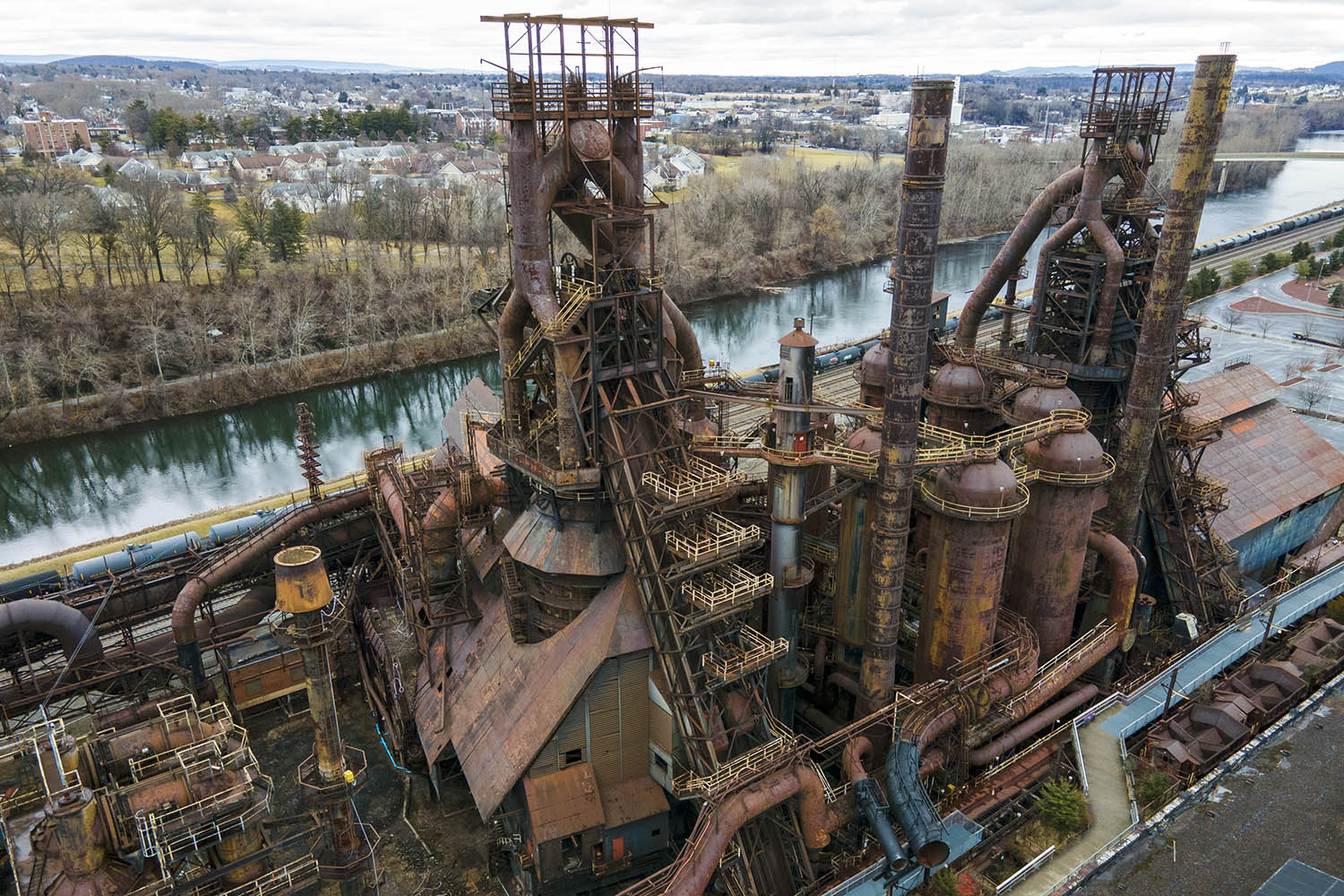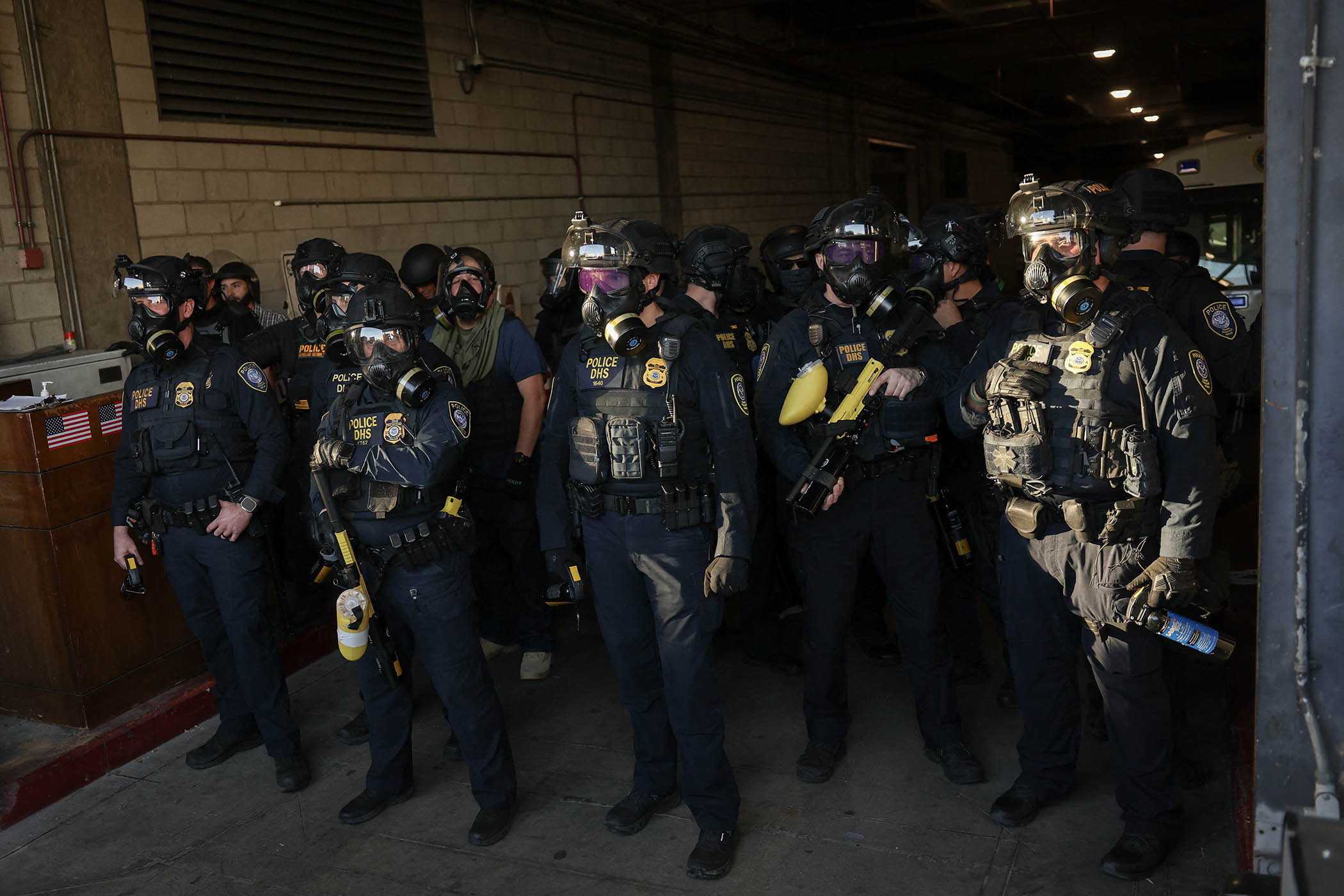It’s the Fourth of July as I write. Later this afternoon, President Donald Trump will sign into law the “Big Beautiful Bill,” co-opting the holiday to gobble the spotlight for himself and his agenda. I, however, spent my morning jetting the sewer pipes of our house.
This is not a metaphor. Last night an odour crept up from our basement. This happens often enough, thanks to drains installed in the mid-20th century – the period Maga fetishises as the time of greatness to which it seeks to return. Thus, my holiday morning was set by cyclical necessity.
All of which makes me think of the ways the BBB is itself an odour creeping up from the crusty pipes of dank politics. We should all be getting our jetters out instead of enduring the signing of a bill that literally threatens the health of many of my neighbours.
The Big Beautiful Bill is itself an odour creeping up the crusty pipes of dank politics
The Big Beautiful Bill is itself an odour creeping up the crusty pipes of dank politics
I live in the rural north-western corner of Pennsylvania, at the confluence of the Rust Belt and Appalachia. Each of those regions has suffered a long history of economic decline. A quarter of the residents of my small town live below the poverty line, and a similar percentage are reliant on the federally funded Medicaid healthcare afforded to low-income Americans. Nearly 45% of people in our county rely on publicly funded healthcare of some kind, either Medicaid or Medicare (for senior citizens) or VA insurance (provided to military veterans).
Meadville’s nickname, Tool City, is a nod to its manufacturing roots. But like those of many Rust Belt towns, its roots have followed a familiar arc of decline. While there is still a small core of tool and die shops, our local economy now rests on a foundation of healthcare and education, each of which has been made rickety by the Maga agenda. Our hospital, like most rural-serving facilities, is highly dependent on federal medical assistance. The college (where I teach) has a long and proud history of serving students from middle- and low-income families, who rely on federal financial aid now under threat.
Our representative in the US House is Mike Kelly. He’s the wealthy scion of a car dealership – “Kelly Automotive, family owned since 1953” – and an arch-conservative. He crowed about his yes vote for the BBB, touting its “historic investments in Western Pennsylvania and the United States”. Yet according to statistics cited by Democratic elected officials, about 18,500 of Kelly’s constituents will lose Medicaid thanks to this “historic investment”. Almost 9,000 will lose access to Snap, our federally-funded food assistance programme. Statewide, 310,000 will lose Medicaid and 140,000 will lose Snap. Nationally, 11.8 million people will lose healthcare and 7 million will lose food assistance.
In the face of these figures, it would seem impossible to reconcile a yes vote with the interests of the region ostensibly being represented. Substance is, as ever, not the point. I learned this quite viscerally when I was the Democratic nominee for our state house seat in 2020. I got walloped in the same fashion that almost every Democrat has got walloped since, literally, the late 1800s. This is a Republican district. It always has been, and the ghost of Abraham Lincoln haunts us — even though anti-Lincolnian values long ago took over the Grand Old Party.
That’s my biggest point: politics is built on narratives much more than policies, and the GOP has proved to be expert at fashioning an illusion that appeals to many voters in the regions of America that struggle the most. Since substantive political solutions to social and economic divestment have been rare, stories win the day. “American values” are ostensibly celebrated on holidays such as the Fourth of July: integrity, hard work, being a global good guy. Maga works very hard to obscure the ways that America has in fact been cruel, bigoted, greedy and transactional in its morality and applications of justice, at home and globally.
I return, then, to the jetting of my sewer line this morning, to snaking the hose into the fetid maw where unspeakable things linger. The point is, there are structural problems in the sewer line. Tree roots are likely to have cracked old pipes, making something solid and worthy much less so. Better to do the clean-out work than to ignore things until they explode. Yet it’s appealing to ignore things, particularly uncomfortable, stinky ones. And the desire to ignore the uncomfortable is something the GOP has proved really good at exploiting.
Yes, this is a metaphor – one based on real events. In essence, we’ve collectively allowed ourselves to be convinced that the stink isn’t really coming from our own pipes. It seems likely, and sad, that we’re going to learn the hard way what Maga greatness will mean for all of us.
Newsletters
Choose the newsletters you want to receive
View more
For information about how The Observer protects your data, read our Privacy Policy
Matthew Ferrence is a writer and professor in north-western Pennsylvania, and author of I Hate It Here, Please Vote For Me: Essays on Rural Political Decay
Above: The former Bethlehem Steel Company blast furnaces in Bethlehem, Pennsylvania. Photograph: AP/Ted Shaffrey


